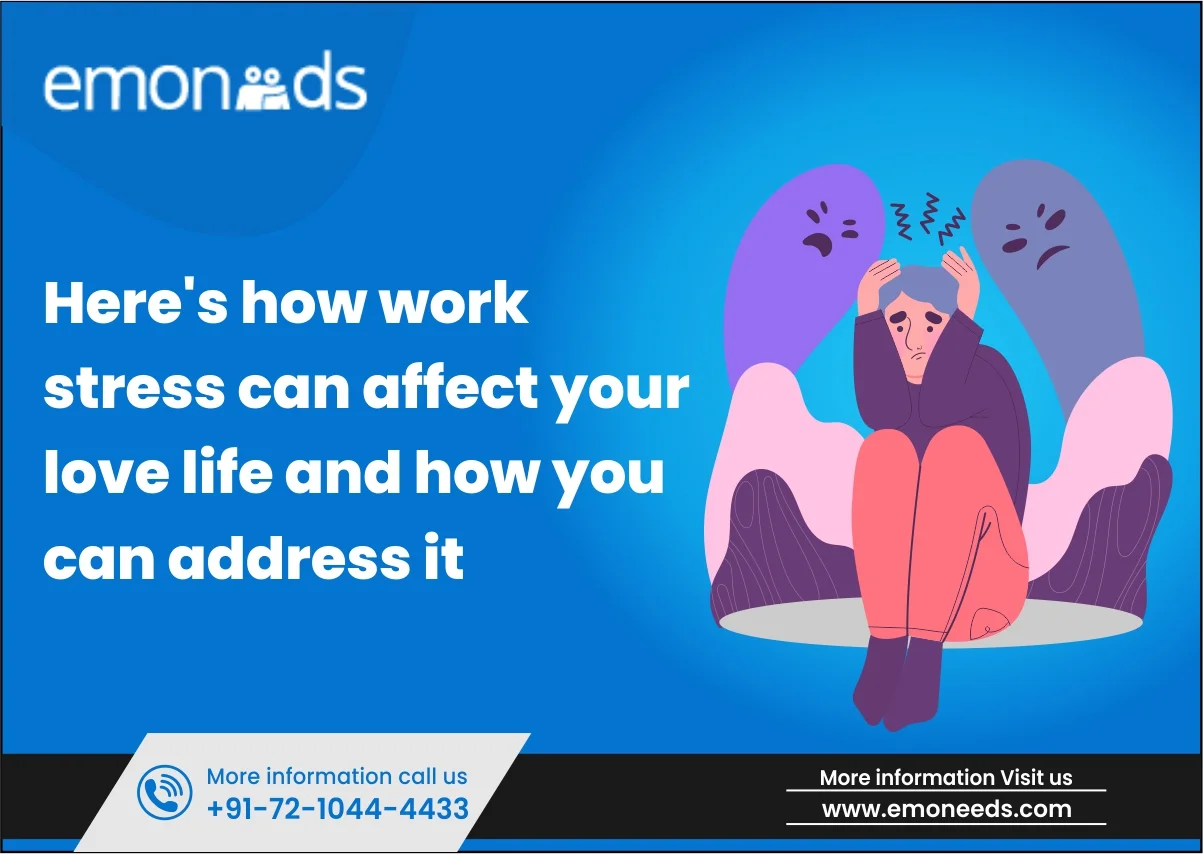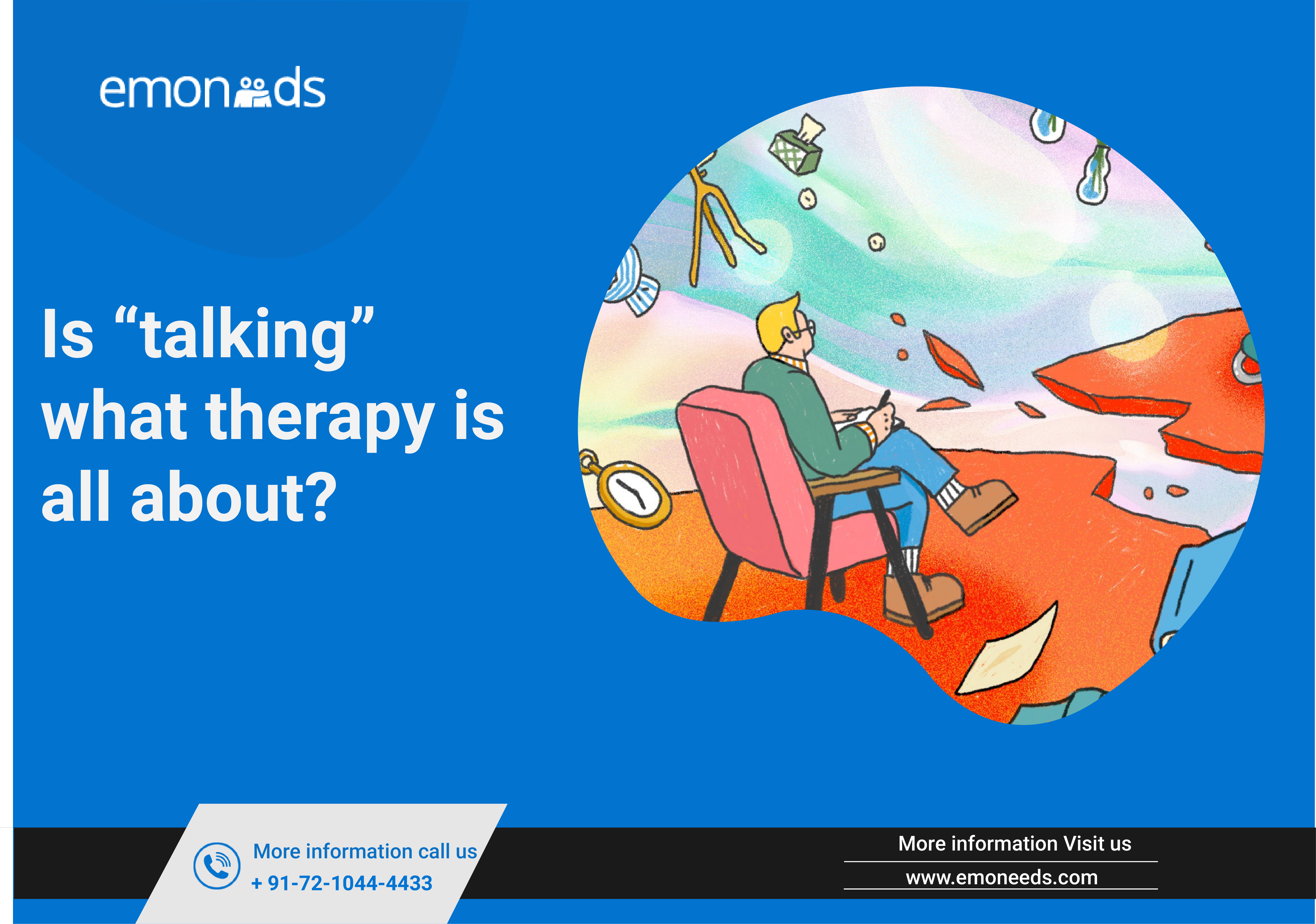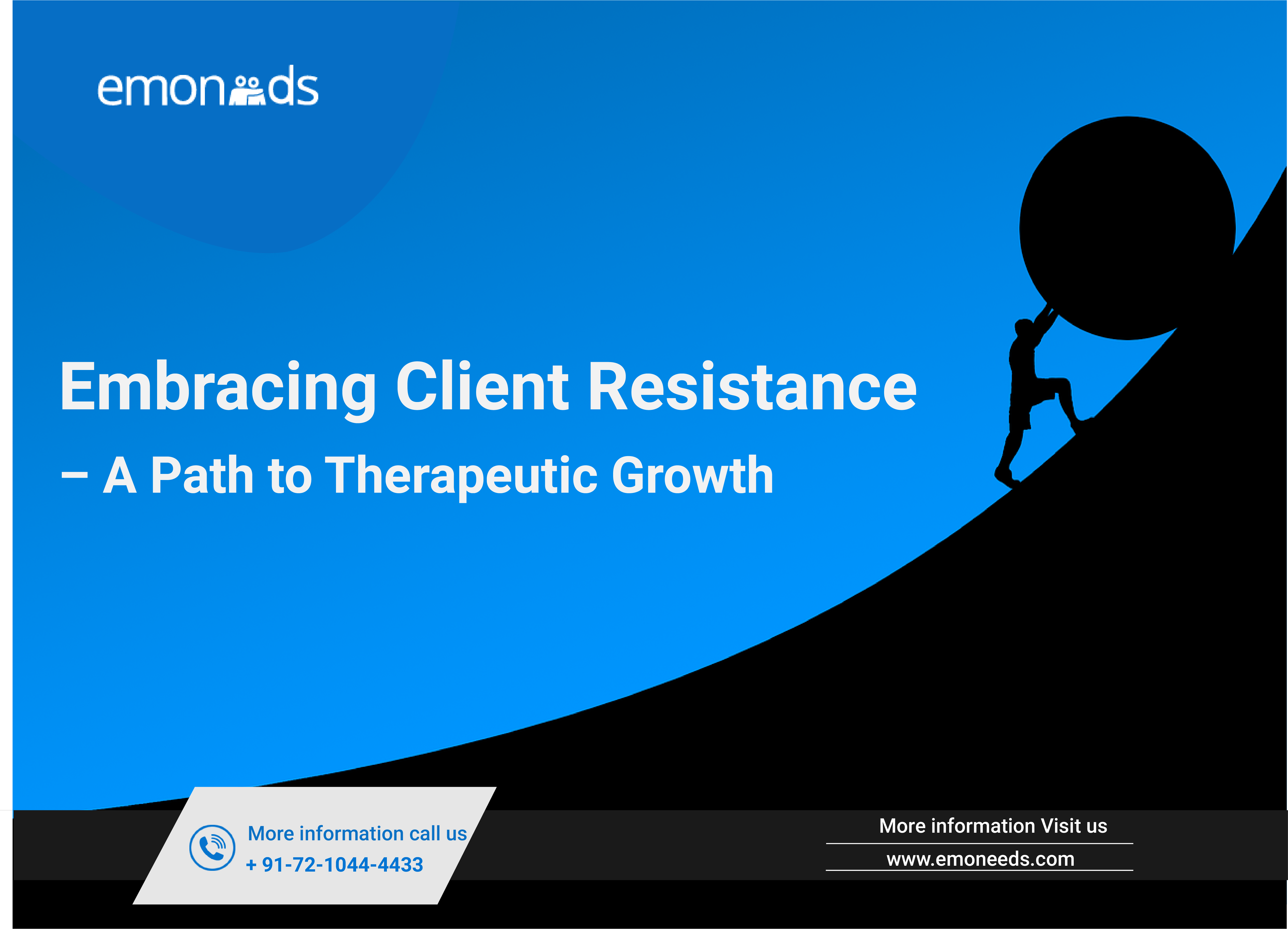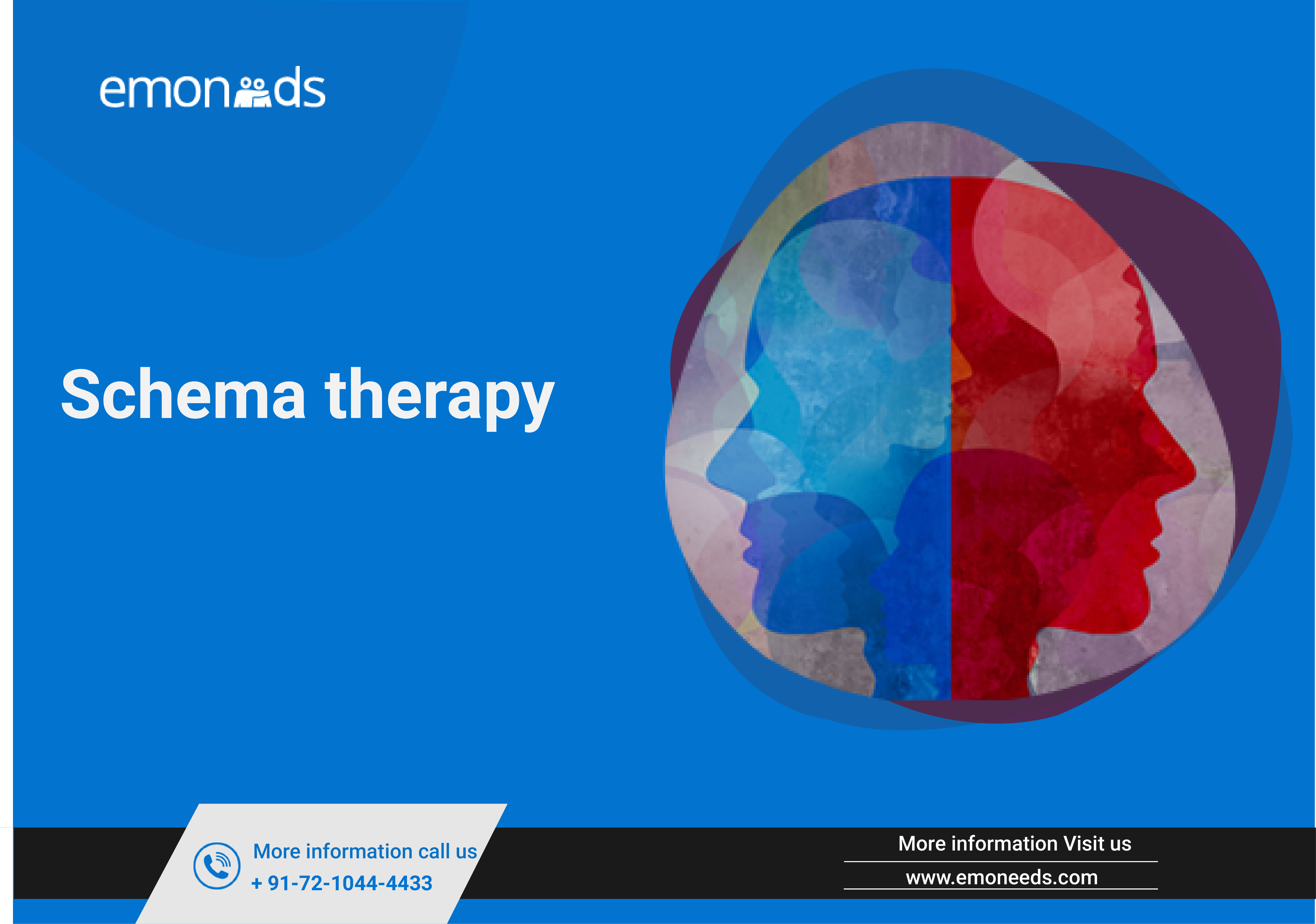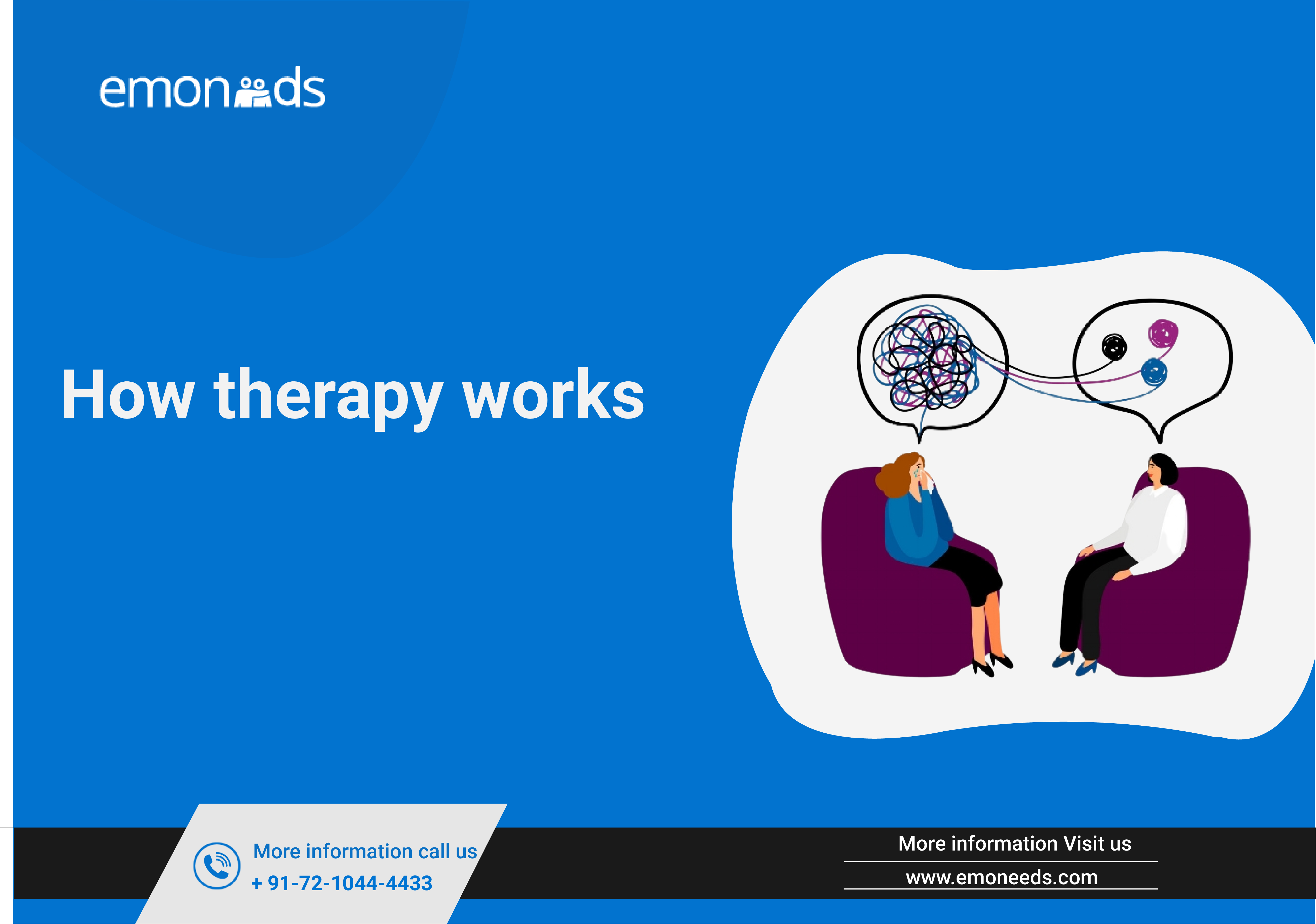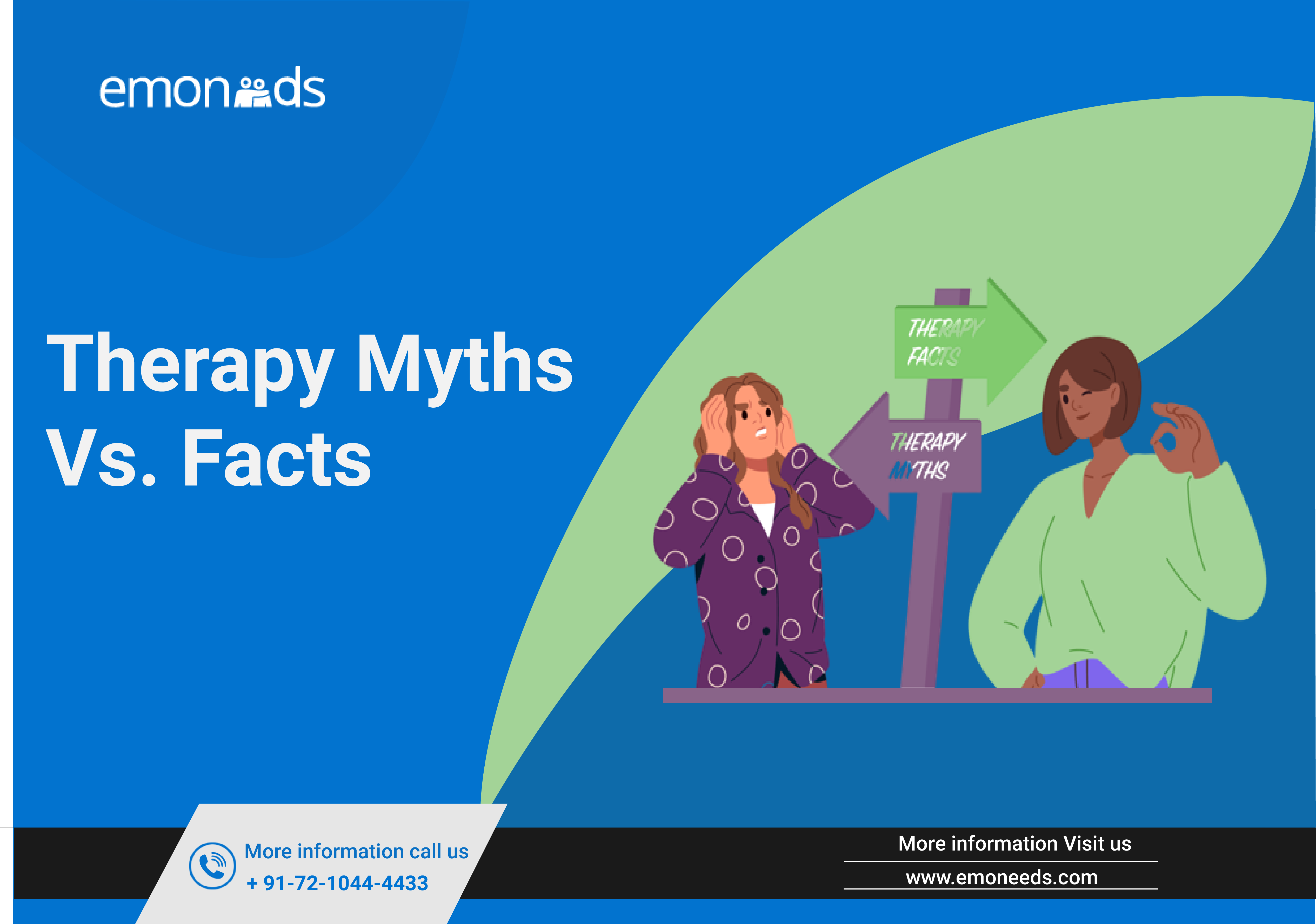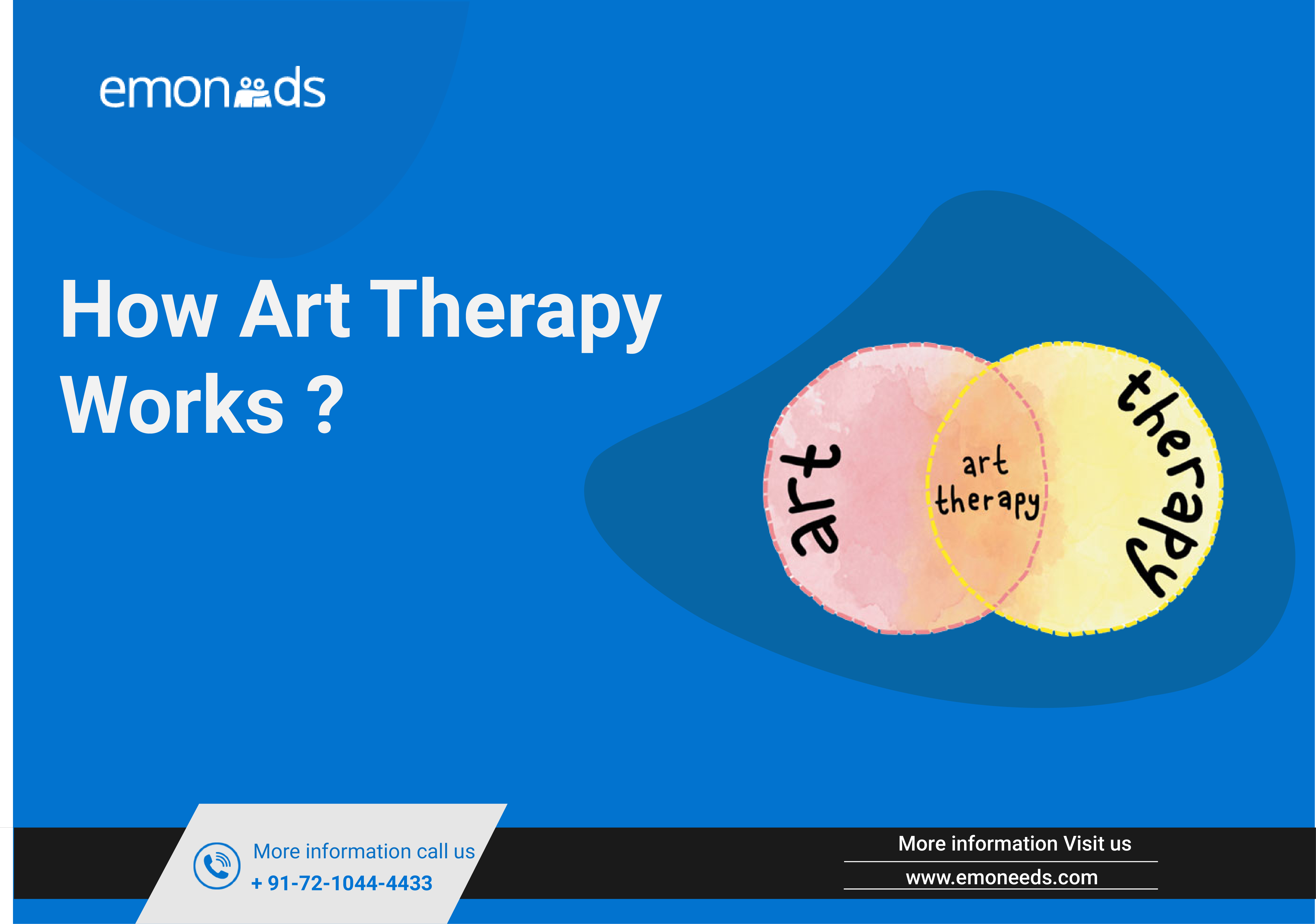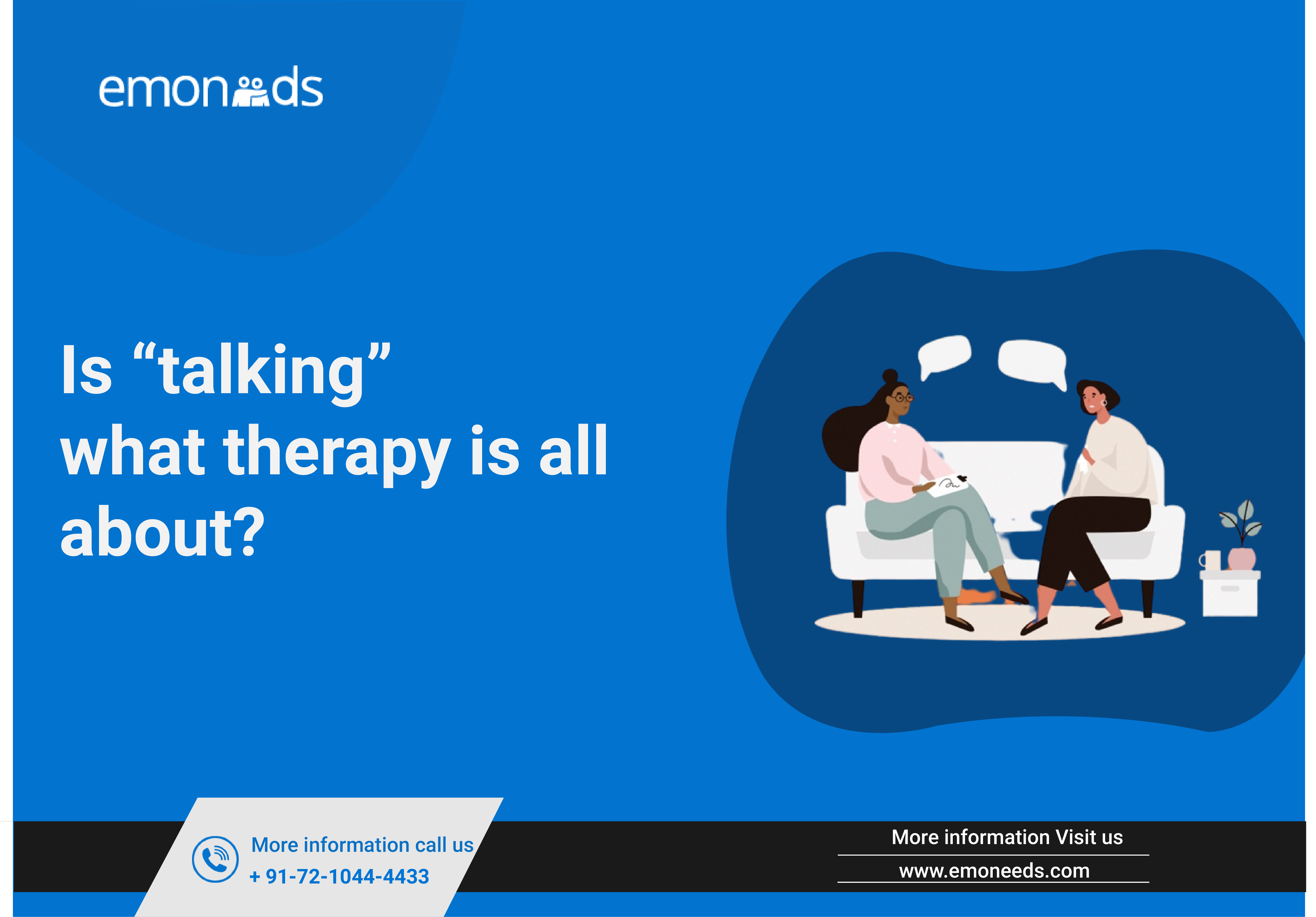
- August 21, 2023
- Saloni Kabra
- 0
Written by: Amit Vashisht
It doesn’t matter if you are going to start your therapy or already visiting a therapist it is always important to look for red flags in a therapist to ensure that you receive effective, ethical and appropriate treatment. Red flags are actually warning signs that may indicate potential issues or concerns and by recognizing these you can always make informed decision about your therapy. First lets just quickly go through most common situations where it is essential to look for red flags: like when evaluating suitability and compatibility of new therapist, dissatisfaction, lack of progress, ethical concerns, discomfort or distrust or sometimes significant changes in therapist’s behavior or competence.
Red flags to look out for:
- Lack of proper credentials: A therapist should have the necessary qualifications and credentials to practice in their respective field. This typically includes a valid license or certification.
- Malpractice claims: Multiple malpractice claims or disciplinary actions against a therapist suggest a history of unprofessional behavior or incompetence. These claims may indicate that the therapist has engaged in harmful or unethical practices that have negatively affected clients.
- Poor boundaries: Poor boundaries: Therapists are expected to maintain appropriate professional boundaries with their clients. This means avoiding engaging in relationships or activities that blur the lines of their therapeutic role.
- Lack of specialization: Therapists should have specific expertise and training in the areas they claim to treat. If a therapist claims to be able to treat a broad range of issues without possessing specialized knowledge or training in those areas, it raises concerns about their competence and ability to provide effective treatment.
- Ethical violations: Therapists are bound by professional ethics and should adhere to ethical guidelines established by their respective governing bodies. Any violations of these ethics should be taken seriously.
- Poor listening skills: A therapist should demonstrate active listening and genuine interest in understanding your concerns. If they consistently interrupt or fail to empathize, it can hinder the therapeutic process.
- Lack of empathy or compassion: Therapy requires empathy and compassion from the therapist to create a safe and supportive environment. If they consistently display a lack of empathy, it may be detrimental to your progress.
- Excessive self-disclosure: While therapists may share personal anecdotes occasionally, excessive self-disclosure can shift the focus away from your needs and undermine the therapeutic relationship.
- Judgmental attitude: If a therapist frequently makes you feel judged, criticized, or invalidated, it can hinder your progress and emotional well-being.
- Lack of progress or goal setting: A therapist should collaborate with you to establish clear treatment goals and regularly evaluate progress. If therapy feels stagnant or directionless, it’s important to address this concern.
- Disregard for cultural sensitivity: Therapists should be culturally competent and respectful of diverse backgrounds. If they demonstrate a lack of understanding or exhibit cultural insensitivity, it can negatively impact your therapeutic experience.
- Unavailability for emergencies or crises: While therapists are not expected to be available 24/7, they should provide appropriate emergency contact information or alternative resources to support you during urgent situations.


